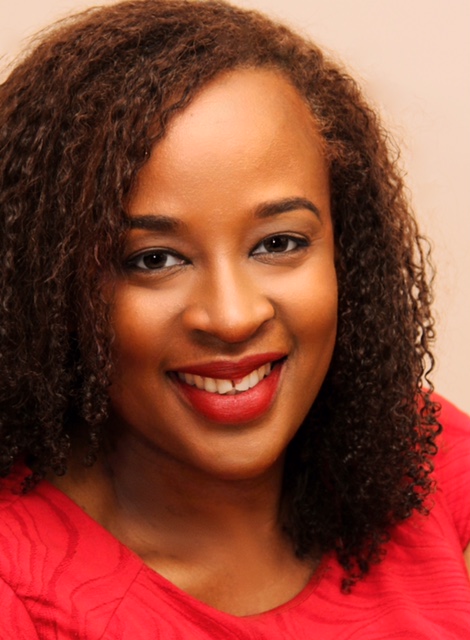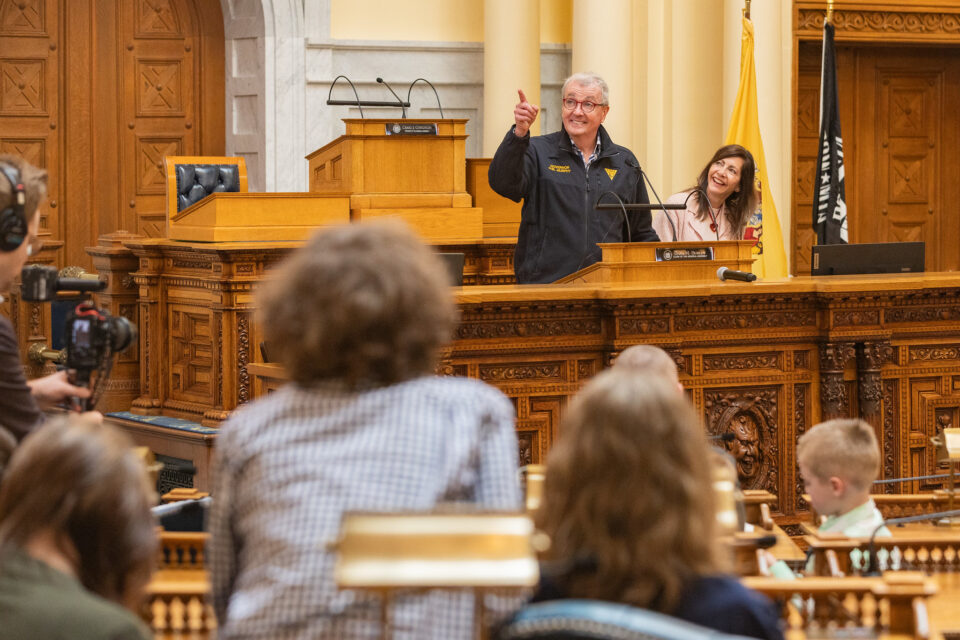
NJEA Shows Phil Murphy Who’s Boss: The Short Tenureship of Paula White
February 22, 2018
New Report on Special Education in Charter Schools: Room to Grow, But Steady Progess
February 27, 2018Here’s What It’s Like to Have a Teacher Think You Can’t Write Because You’re a Black Boy From Trenton.
(This piece, originally published at Education Post, is by Tre Johnson, a freelance writer on race, culture and politics. He’s also an educator, advocate and part-time superhero.)
“Can you see me after school about this?” was scrawled across the last page of my essay in that trademark punitive red ink that teachers always used in school. A sinister visual, it might as well have been lettered “REDRUM.”
But this wasn’t a letter grade; this was a rhetorical request articulated in the passive-aggressive manner that made it clear: You’re in trouble.
Mrs. Jordan*, my high school English teacher, was neither friendly nor unfriendly to me. In fact, more often than not Mrs. Jordan seemed oblivious to my presence, despite being one of only two Black students in her class.
But there was one thing Mrs. Jordan could not ignore: High-quality assignments that I turned in. It was then that I suddenly became visible to Mrs. Jordan. After spending weeks in my usual invisibility, my eight-page essay comparing the legacy themes in King Arthur’s “Le Morte d’Arthur” and “Hamlet” had suddenly made me stand out again.
It was, if I’m being modest, a damned good paper. I’d spent the weeks leading up to the deadline repetitively reading each text and even found a way to incorporate one of my favorite movies, “Excalibur,” into the paper, as well. They were all woven together to tell a coherent argument about how dangerous the idea of legacy and power could be for characters. It was artfully done; so much so that Mrs. Jordan could only assign a request instead of a grade.
In my suburban New Jersey high school, our classes were tracked, with students being slotted into honors, above average, average and lower-level classes that were usually identified by numbers 1-4. Typically tracked into the “high” classes, I was often one of maybe two or three Black kids in a class of over 25, whereas most of the Black and Brown kids were disproportionately relegated to the lower tracks. This often placed me in a sort academic and social “Black tax”: Teachers were often trying to get me to prove my intellectual worth, while my peers tried to define my Blackness.
When we finally met, she pulled out the paper, sitting it on the small desktop between us. At that point, an interrogation proceeded where Mrs. Jordan spent half an hour asking me to read and explain passages from my own paper, each time her eyes studiously looking for evidence of guilt, plagiarism or some sort confusion that would prove my guilt.
Despite having specific passages she’d wanted to inquire about, we basically spent the time re-reading my paper to her aloud, turning flush and teary each time she stopped me at a point—sometimes mid-sentence—and asked me to explain. When I got to the concluding paragraphs, she read them aloud herself, turning to me and saying, “This is very good.”
She held her gaze. “Very good. Where did you get these ideas from? All of these?”
At this point, I was upset and the room felt hot and sinister—the various English textbooks and copies of novels, the movie posters hanging on the wall, the student artwork all feeling like a jury leaning in for my confession. I repeated what I’d said the entire time: “I wrote this myself.”
She studied me for a long moment afterward, eventually standing and handing the paper to me.
“You have to understand”, she said, “you just don’t see writing like this from, well…” and her voice trailed off. We both looked at each as I took the paper and dropped it into the classroom trash.
That day I walked home alone stung by what had happened, and unsure of how else to feel, feeling somehow embarrassed and ashamed.
It was a class that lingered with me for years. The echoes of that doubt revisited occasionally in English classes in college, too—the same inquisition happening after a poem or paper. Sitting in claustrophobic professor offices, reliving and repeating papers that I’d written weeks or nights before and asking for proof of my thought process.
For a long time, I doubted my writing voice, going much more inward with the things that I wrote, increasingly sharing them with fewer and fewer people. Instead of writing becoming a destiny, I turned it into a hobby. I participated in the safe spaces of writing groups that I created or joined as a way of still satisfying that itch without taking on the dangers of graduate programs, editorial boards and the like interrogating what I wrote, and by extension, if this Black boy from Trenton really did write what they’d gotten.
When I was an English teacher in Houston, Texas, and Columbia, Maryland, one of the things that I vowed to do was to never doubt my students’ voices, written or otherwise—nurturing and validating even the roughest of ideas and sentences. If I called them out, either in after school or in notes, it was to celebrate their ideas, not interrogate them.
And I never used red ink.




